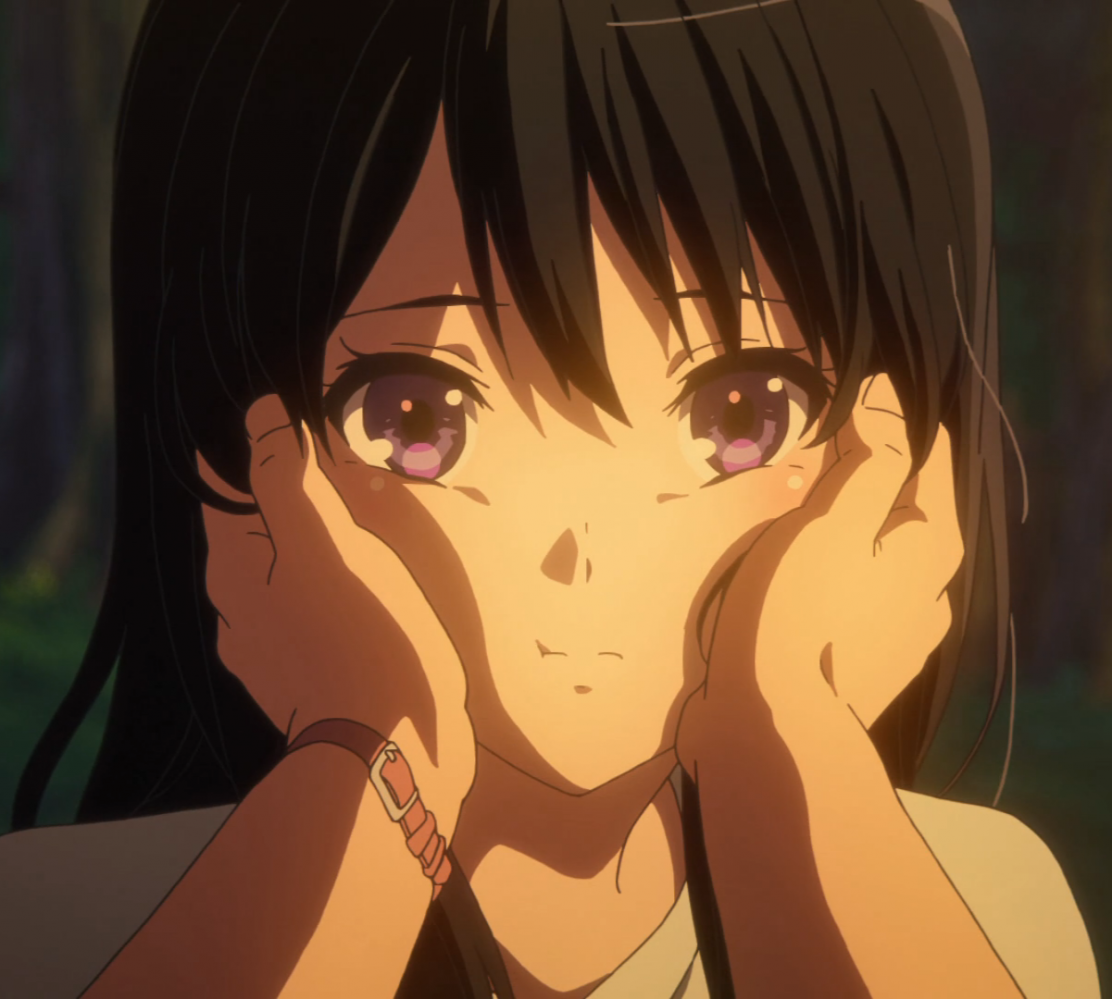
Persona is one of my favorite game franchises to ever exist, and the reason for that isn’t as simple as one might assume. Sure, having brilliant characters to fall in love with and an immaculately stylish soundtrack help the game win regard, but what really puts the series far above average for me is its ingenious gameplay mechanics and the profound philosophical implications that stem from them. But before we delve into that, I need to first explain what is Persona.
Persona (specifically 3-5, I know, I’m not hardcore) is a Japanese Role-Playing Game which takes place in the setting of contemporary Japan. In these games you take on the role of a fresh new high school student, and as you get settled into your new life things always take a turn for the worse. Be it an untimely murder or some other mysterious happening, somethings inevitably leads you to getting sucked into the world of “shadows”. In order to conquer those worlds (complete dungeons) you need to obtain and strengthen your “persona”. These two terms come from the psychological concepts of Carl Jung, and through that lens can be defined essentially as the parts of ourselves that we show the world—persona—and the parts that we don’t—shadow. There are many ways to dissect this very special thematic structure given to the world of Persona, but for the sake of this current thesis, we won’t need to delve further.
There are several means of which you can become stronger in order to defeat “evil” and thus complete/win the game. One method in particular is why I’m writing this piece in the first place. In the game, the primary means of becoming stronger is through building relationships with the game’s supporting characters—usually coined in game as “social link”. This is done within a time management system where, much like in real life, you decide how to spend your time and with whom. When you “level up” your bond with a given character, their Persona (if they have one) is strengthened, and you are granted various useful skills, experience boosts, and access to strong new Persona. How you develop relationships is based on two primary factors: how much time you spend with them, and the things you say to them.

Specifically, you want to say THE RIGHT THING in order to progress a relationship’s development as efficiently as possible, so that you can more quickly become stronger and move on to develop more relationships. From these dialogue options comes the game’s greatest moral dilemma—put simply: What is the right thing? Here we find a system that takes the concept of developing human relationships and provides it a mechanical incentive to do so. Through incentivization, a hierarchy of value is formed and thus creates an optimal path.
In playing this game, you are faced with a metacontextual choice within the given dialogue prompts: Do you choose what you think is best? Or do you choose what you think the character would best react to? The answer: as defined by the game’s system of incentives, the choice a character would best react to IS the “right choice”. Because that choice is the one that will expedite you toward reaching the maximum value of the relationship, thus strengthening your character and party, which in turn will assist/allow you to progress through the game, reach the end and “beat” it—which is the ultimate goal of most video games (and certainly the goal of this one).
The “right thing” in this case is determined by the writers of a given character’s story arc (social link). They decide what is right, less right, and wrong by appointing different values (or lack thereof) to the dialogue options they create. However, this essay isn’t to throw into question the personal moralities of the people that wrote the game. Rather, the question I’m posing and trying to answer is directed at the design itself. What does this gameplay system say about the nature and reality of human relationship? The answer is this:
Your success is determined by how people react to your decisions, and the existence of optimal reactions means there is a “correct” or “most correct” path.

From there, one might infer something like “the end justifies the means”. But that’s getting into different philosophical realms. What has been established here is that Persona indeed lays out its own system of morality, and in that we can take interest, perhaps even apply it. Whatever the case may be, I found this to be at the very least a fascinating observation that opens up other wonderful trains of thought. I love how this game can make you think about your interactions in real life, how it seems other people with their sole persona have a more concrete/consistent sense of self while you, the protagonist, are constantly changing depending on who your with or what battles you engage in. You are, after all, the only one granted the power to change your persona, and somehow this makes you the strongest—it makes you the leader. Why is that? And why are we stronger because of the relationships we’ve built? What are those relationships built on and how do we its growth? There are so many more answers waiting to be found, and unfortunately, they’re not all hard-coded into the systems of a video game. Hopefully we’ll find them on our own one day.
Thanks for reading.

“You are, after all, the only one granted the power to change your persona, and somehow this makes you the strongest—it makes you the leader”
DAMN.
Nice little article!
LikeLiked by 1 person
Thank you! It was shorter than I expected, but I suppose I could’ve delved deeper into that particular quote haha
LikeLike